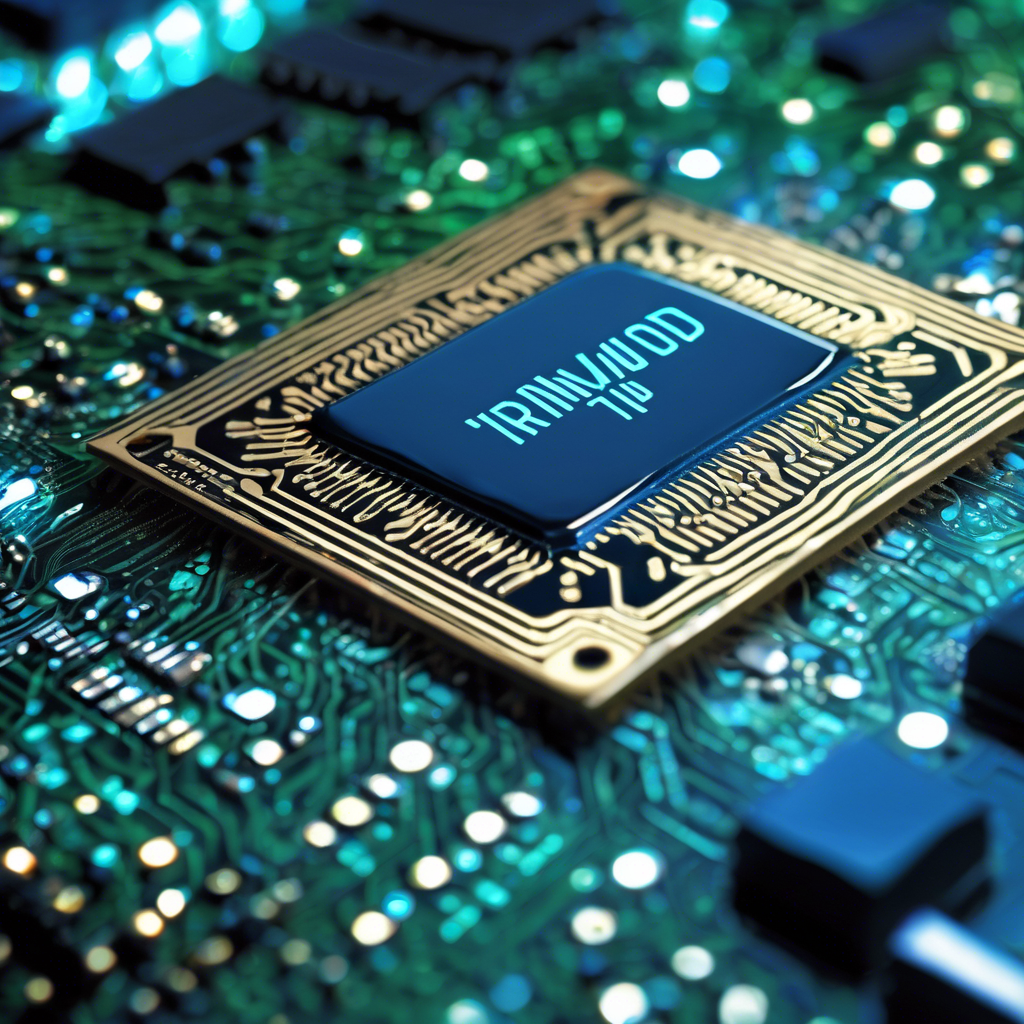Trump’s Gulf Visit Spurs U.S. AI Policy Shift Empowering UAE and Saudi Arabia

Former President Donald Trump's recent visit to the Gulf region has prompted a major shift in U. S. artificial intelligence (AI) policy, enabling the United Arab Emirates (UAE) and Saudi Arabia to emerge as new AI powerhouses. This marks a clear strategic realignment in American tech policy toward the Gulf, departing significantly from the Biden administration’s prior cautious approach. During his visit, Trump, supported by top technology CEOs, secured multimillion-dollar agreements granting these nations access to advanced AI chips and technologies. These components are expected to enhance the UAE’s and Saudi Arabia’s technological capabilities, supporting their ambitions to become leaders in AI innovation and application. This change reflects a broader U. S. strategic recalibration. Under Biden, the Gulf was approached with caution due to fears it might serve as a gateway for Chinese access to sensitive U. S. technology, emphasizing restrictions to prevent adversaries from infiltrating key AI sectors. In contrast, the Trump-led policy focuses on building direct partnerships with Gulf countries to strengthen U. S.
leadership in the global AI ecosystem. David Sacks, Trump's appointed AI czar, praised these agreements as a strategic breakthrough, stating that empowering the UAE and Saudi Arabia expands America’s global AI influence, reinforces its technological dominance, and fosters economic growth and innovation collaboration. Gulf leaders have welcomed these developments enthusiastically. With significant energy wealth, the UAE and Saudi Arabia seek to modernize and diversify their economies beyond oil and gas by adopting advanced AI technologies and partnering with leading U. S. firms. This aligns with national initiatives like Saudi Arabia's Vision 2030, which prioritizes technological advancement for sustainable development. However, controversies have emerged. Democratic lawmakers have raised concerns over the lack of strong safeguards in these AI technology transfers, warning that inadequate security might allow hostile actors to access sensitive U. S. technologies through the Gulf, threatening national security and global tech leadership. The current White House administration aims to balance technology security with economic opportunity, asserting that engagement with Gulf partners can be managed to reduce risks without hindering innovation or growth. Meanwhile, some tech sector leaders caution against overly restrictive AI export regulations, arguing that excessive controls could weaken U. S. companies’ global competitiveness and inadvertently benefit China by limiting American firms’ strategic partnerships, thus ceding ground in the crucial AI race. This evolving situation highlights the complex tension among national security, economic interests, and technological innovation shaping AI policy. The strategic decision to empower Gulf nations with cutting-edge AI capabilities through renewed partnerships signals a significant U. S. foreign and technology policy shift with profound implications for global AI development and geopolitical dynamics going forward.
Brief news summary
Former President Donald Trump’s recent Gulf visit marked a significant shift in U.S. AI policy by forging partnerships with the UAE and Saudi Arabia, key emerging AI players. Contrasting with the Biden administration’s cautious stance, focused on restricting AI exports to China, Trump secured multimillion-dollar deals to supply advanced AI chips and technology, bolstering Middle Eastern AI innovation. His AI chief, David Sacks, emphasized these agreements as vital for expanding U.S. influence and economic growth. Gulf countries, pursuing diversification from oil through initiatives like Saudi Arabia’s Vision 2030, welcomed this approach. However, Democratic lawmakers raised security concerns over the potential risks if sensitive technology reaches hostile entities. Meanwhile, the Biden administration aims to balance national security with economic interests. Some tech leaders warn that stringent export controls might undermine U.S. competitiveness and inadvertently benefit China. This evolving AI policy highlights the complex balance of security, economic goals, and technological progress, reshaping global AI development and geopolitical relations.
AI-powered Lead Generation in Social Media
and Search Engines
Let AI take control and automatically generate leads for you!

I'm your Content Manager, ready to handle your first test assignment
Learn how AI can help your business.
Let’s talk!

Nvidia CEO: If I were a student today, here's how…
If Nvidia CEO Jensen Huang were a student again, he would leverage generative AI to build a successful career.

Poof is Solana’s new magic trick for no-code prom…
Imagine writing a sentence and instantly receiving a live blockchain app—no coding, no setup hassles, no wallet complications.

Google Unveils Ironwood as Next-Gen TPU for AI In…
At the recent Google Cloud Next 2025 event, Google introduced its latest advancement in AI hardware: the Ironwood Tensor Processing Unit (TPU), its seventh-generation and most sophisticated AI accelerator designed primarily to boost inference workloads essential for real-time AI applications.

Blockchain In Edutech Market Gearing Up for Explo…
Blockchain in Edutech Market Overview The blockchain in Edutech market is rapidly expanding as educational institutions globally adopt blockchain technology to enhance data security, automate administration, and increase transparency

Amazon Hires Covariant Founders, Signs Licensing …
Amazon has strategically enhanced its AI and robotics capabilities by recruiting the founders of Covariant—Pieter Abbeel, Peter Chen, and Rocky Duan—along with about 25% of Covariant’s employees.

JPMorgan Settles First Tokenized Treasury Trade o…
JPMorgan Chase has completed its first blockchain transaction outside its private system, marking a significant shift in its digital asset strategy that previously focused solely on private networks.

Elton John says UK government being ‘absolute los…
Sir Elton John has criticized the UK government, labeling them as “absolute losers” over its proposals that would allow tech companies to use copyright-protected material without permission.

 Auto-Filling SEO Website as a Gift
Auto-Filling SEO Website as a Gift








 Auto-Filling SEO Website as a Gift
Auto-Filling SEO Website as a Gift

